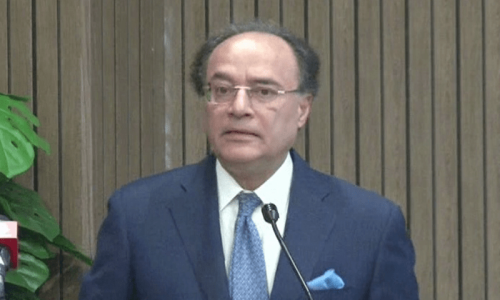ISLAMABAD: The Food and Agriculture Organisation (FAO) of the United Nations launched on Friday a project to reverse the deforestation and forest degradation through chilgoza pine in Pakistan.
The five-year project, which will be implemented in collaboration with the Ministry of Climate Change and provincial forest departments, will contribute towards improving the environment and enhancing resilience through chilgoza pine.
The Global Environment Facility (GEF), which is the largest public donor for projects aimed at improving the global environment, will provide financial support for the project that will cover chilgoza forests in Balochistan, Federally Administered Tribal Areas (Fata), Khyber Pakhtunkhwa and Gilgit-Baltistan.
As part of the consultative process, a two-day national validation workshop concluded on Friday with participation from federal and provincial governments, forest departments and local and international development partners.
According to the FAO, the chilgoza ecosystem in Pakistan is subjected to negative impacts of climate change. Chilgoza pine is an important member of the unique ecosystem of the dry temperate ecological zone and has the potential to contribute billions of rupees to the economy by providing non-timber forest products and fuel wood. The selling season of chilgoza will start from October.
Commenting on the project, FAO Representative in Pakistan Mina Dowlatchahi stated that the “collection and processing of chilgoza have a tremendous potential to provide a good source of income by supporting local livelihoods. This project will provide a mechanism to achieve successful restoration of forests.”
Under the project, the FAO and its partners aim to strengthen the regulatory and policy environment for integrated and sustainable management of chilgoza forests, conserving and restoring chilgoza forest landscape and building capacity of local institutions.
Published in Dawn, September 9th, 2017














































